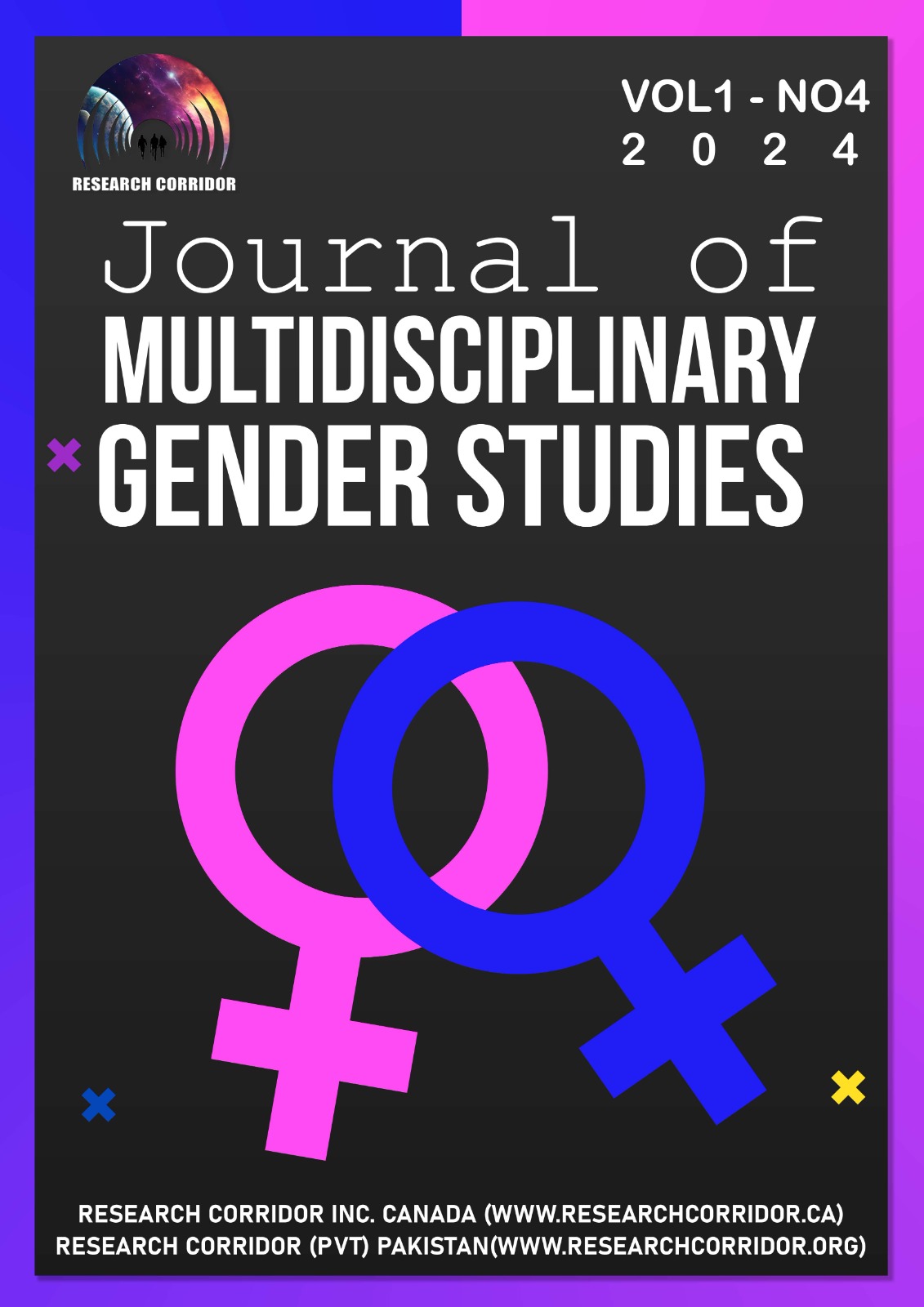The Gendered Experience of Mental Health: Stigma, Diagnosis, and Treatment Disparities
Keywords:
Gender disparities, mental health stigma, diagnosis bias, treatment accessibility, psychological well-being, gender norms, psychiatric care, intersectionality.Abstract
Mental health is a critical component of overall well-being, yet gender significantly influences how individuals experience, are diagnosed with, and receive treatment for mental health disorders. Women and men encounter distinct social expectations and cultural norms that shape their mental health experiences, often leading to disparities in stigma, diagnosis, and treatment accessibility. Women are more likely to be diagnosed with anxiety and depression, while men, due to social constructs of masculinity, often underreport mental health struggles and seek less help. Gendered stigma perpetuates the notion that emotional expression is a sign of weakness in men, discouraging them from seeking professional care. On the other hand, women’s mental health concerns are sometimes trivialized, leading to misdiagnosis or overprescription of medication rather than comprehensive psychological support. Disparities in mental health treatment are also influenced by socioeconomic status, racial background, and healthcare policies, which interact with gender to create complex barriers to care. The role of gender biases in psychiatric research and clinical practice further exacerbates these inequalities, affecting how mental health disorders are perceived and addressed. Addressing these disparities requires an intersectional approach that considers sociocultural influences, healthcare policies, and systemic biases to create more equitable mental health care systems. By challenging gendered stereotypes, promoting inclusive research, and implementing gender-sensitive healthcare interventions, societies can work towards reducing disparities and ensuring that mental health services are accessible and effective for all individuals, regardless of gender.





